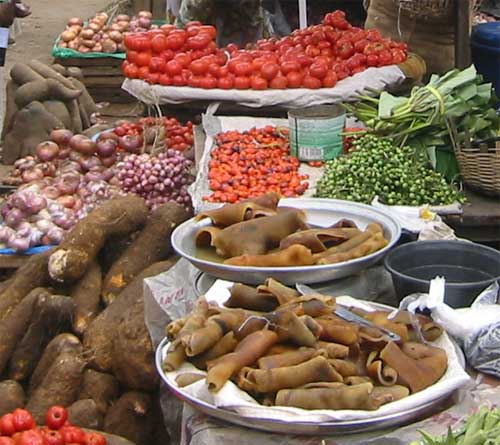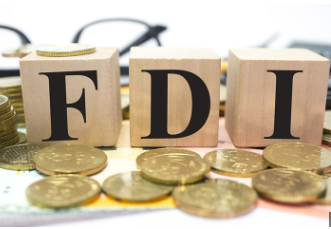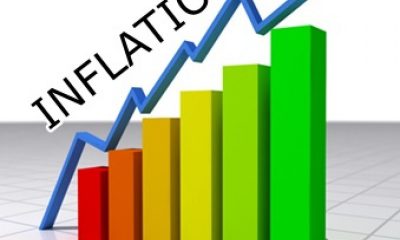By Odunewu Segun
Despite the data released by the National Bureau of Statistics showing that Nigeria’s inflation rate for the month of May 2017 declined to 16.25 per cent from the 17.24 recorded in April, experts have said the drop may be short-lived as price of foods are expected to rise further in the coming months.
According to data from the NBS May food inflation rose by 19.27% year on year, slightly lower than the 19.3% rise in April 2017. This in no way suggest food prices are starting to drop as month on month food price inflation for May was about 2.5%, the highest we have seen since May 2016, when it was 2.6%.
National Daily gathered that the rising rate of inflation in the food segment has led some analysts to believe that Nigeria might be facing a food crisis if we are to miss a bumper harvest between August – September this year.
The all items index which measures core inflation and food inflation, National Daily gathered shows month on month inflation rate has risen at least above 1% since January 2017. In fact, it was 1.88% in May 2017 and is likely to cross 2% in June. In fact, if month on month inflation rate rises above 2.4% in June 2016, inflation rate could be back to 17%. While this is a remote possibility, the rise in food prices is a major concern.
Findings revealed that rise in the index was caused by increases in prices of meat, bread and cereals, fish, potatoes, milk cheese and eggs as well as vegetables such as tomatoes. It was also gathered tomato prices have also increased nearly 4 folds over the last few months.
ALSO SEE: Nigeria: Recession receding as World Bank predicts 1.2% economic growth
Despite the billions poured into ensuring Nigeria is self-sustainable in feeding itself, it appears the efforts of the government is being thwarted by other issues synonymous with the value chain.
Farmers have complained of pest related issues, increase in transportation cost, wastage as a result of storage limitations as reasons why food prices continue to rise.

 Latest7 days ago
Latest7 days ago
 Trends1 week ago
Trends1 week ago
 Business7 days ago
Business7 days ago
 Latest1 week ago
Latest1 week ago
 Latest7 days ago
Latest7 days ago
 Football1 week ago
Football1 week ago
 Latest1 week ago
Latest1 week ago
 Business7 days ago
Business7 days ago











